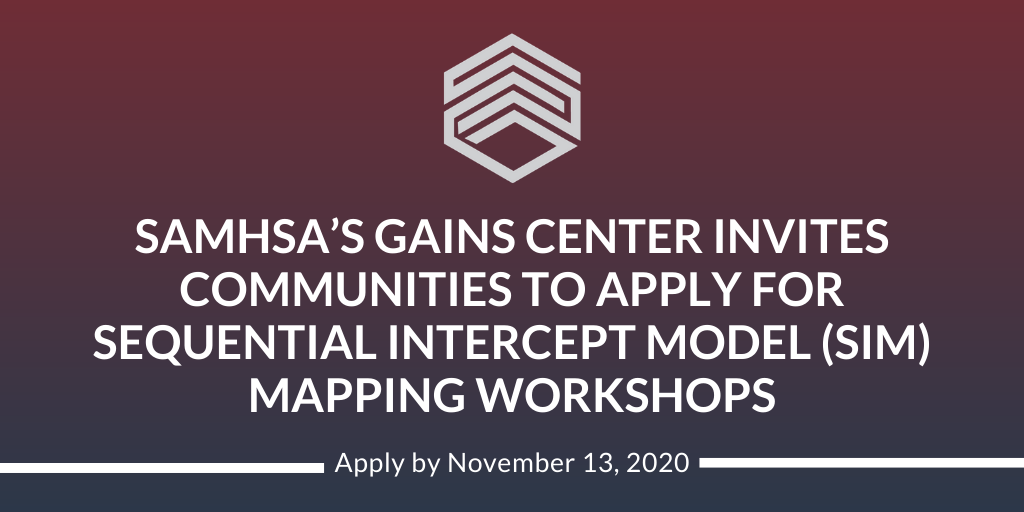
- #Sequential intercept model and systems integration full#
- #Sequential intercept model and systems integration trial#


U.S.Established in 2016, the Criminal Justice & Mental Health Research Center (“the Center") conducts data analysis, program/outcome evaluations, and research studies (quantitative, qualitative, and mixed methods) in order to improve the lives of people with behavioral health challenges in the criminal legal system, inform health equity, and contribute to evidence-based science. Texas Judicial Commission on Mental Health Texas Behavioral Health and Justice Technical Assistance Resource Center Senate Bill 1507, 84th Legislature, Regular Session, 2015 Resources Regional Forum: In December 2022, more than 180 behavioral health and justice stakeholders convened in central Texas for the first regional Eliminate the Wait forum to focus attention on reducing, and ultimately, eliminating the wait for inpatient competency restoration services.Eliminate the Wait Toolkit: This toolkit provides a set of strategies that stakeholders can implement to help Eliminate the Wait (PDF) for inpatient competency restoration services in Texas.HHSC, in partnership with the Judicial Commission on Mental Health, is partnering with judges, prosecutors, defense attorneys, sheriffs and jail staff, police, and behavioral health providers across the state to change how Texas serves people at the intersection of mental health and criminal justice. Not only does this take a significant toll on people waiting in jail for inpatient competency restoration services, but it has also increased costs and overburdened state agencies and county jails.Įliminate the Wait is a statewide campaign initiated in 2022 to increase competency restoration services for Texans by taking a comprehensive and integrated approach to this challenge.
#Sequential intercept model and systems integration trial#
Texas faces a growing number of people waiting in county jails for inpatient competency restoration services after being declared incompetent to stand trial (IST). The competency to stand trial process is designed to protect the rights of people who do not understand the charges against them and are unable to assist in their own defense. The SIM mapping process brings together community leaders, agencies, and systems to identify strategies for diverting people with MI, SUD, and IDD away from the justice system into treatment, and improves forensic services and the competence process. The SIM details how people with MI, SUD, and IDD encounter and move through the criminal justice system. HHSC offers strategic planning support to communities across the state through Sequential Intercept Mapping (SIM) Workshops. Visit for more information on Office of Forensic Coordination initiatives and to request technical assistance.

#Sequential intercept model and systems integration full#
The Office of Forensic Coordination liaisons with Joint Committee on Access & Forensic Services leadership and provides subject matter expertise to the full committee, as well as to the Access and Data Subcommittees. Joint Committee on Access and Forensic Services Through statewide and cross-agency initiatives, OFC improves coordination and collaboration among state and local leaders.

The Office of Forensic Coordination (OFC) works to improve forensic service coordination and prevent and reduce justice-involvement for people with mental illness (MI), substance use disorders (SUD), and intellectual and developmental disabilities (IDD).


 0 kommentar(er)
0 kommentar(er)
